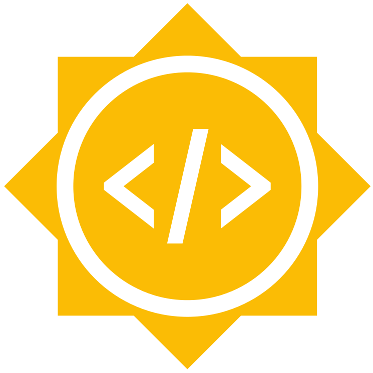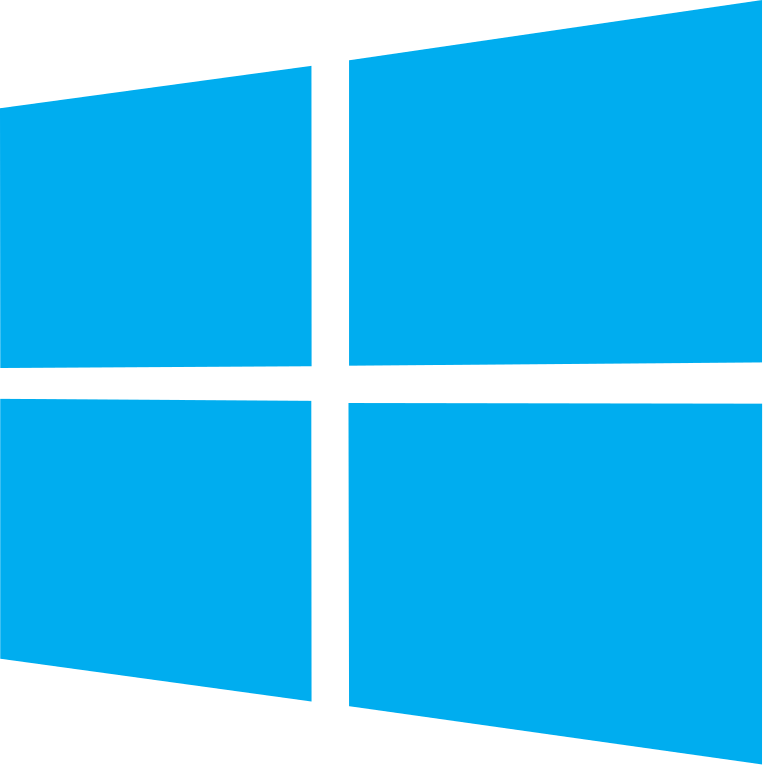
As is tradition, quite a few of these advance screeners will leak on various pirate sites. Last year the action started late, but eventually more than a dozen copies found their way to pirate sites.
The problem is not minor. Over the past fifteen years, screener copies of more than half of all the Oscar-nominated films have leaked online. Many of them appeared while the movies were still playing in theaters, or even before.
Hollywood has been working hard to contain the problem with watermarks and other security protocols but it seems hard to contain. This isn’t really a surprise when you look at the numbers. According to reports, studios send out 70,000 physical discs every year.
“No matter how much you try to secure your product, if you’re sending out a movie, it will leak online,” an anonymous source at a top awards screeners distributor told Variety, which reported on the issue.
In recent years several new online screening options have been developed. These are much cheaper, less than $4 compared to up to $35 for a watermarked physical disc. On top of that, they’re also much more secure and less likely to be stolen or copied in the distribution process.
Interestingly, however, many studios are reluctant to make this change. Not because they are worried about the technology itself, which works just fine, but because they fear that older voters are not tech savvy enough to handle an online screener.
This is corroborated by Matt Suggs, the executive VP of the online screening platform Mediafly. “The No. 1 concern is the older awards-voter demographic. This is brought up by every one of our customers,” he says.
Apparently, awards votes are more important than security in this instance. This is good news for pirates who have a better chance of seeing advance screener copies leak because of it. The question is, how long will this last?
Technology advances at a rapid pace. Just ten years ago it was pretty much impossible to stream a Hollywood movie online, something that everyone takes for granted today. So, eventually, screeners will all move to the Internet as well.
Suggs compares it to the shift from VHS to DVDs. At first, many older voters were not happy with the change, but eventually, everyone caved in.
“The same concerns existed when the studios moved to DVDs. For several years, they still had older members asking for VHS tapes. It’s just inevitable that they’re going to migrate to eScreeners in the same way. The real solution to this problem is time,” he says.
That said, even when all screeners move to a well-protected online platforms, leaks will still be possible. After all, pirates and hackers tend to be very familiar with the online playground.
Source: TF, for the latest info on copyright, file-sharing, torrent sites and ANONYMOUS VPN services.


 Increasingly, people are trading in their expensive cable subscriptions, opting to use cheaper or free Internet TV instead.
Increasingly, people are trading in their expensive cable subscriptions, opting to use cheaper or free Internet TV instead.










 This week we have three newcomers in our chart.
This week we have three newcomers in our chart.



